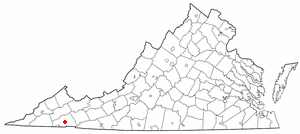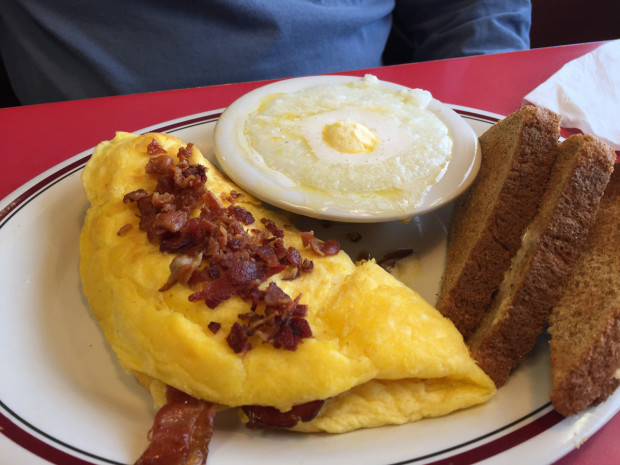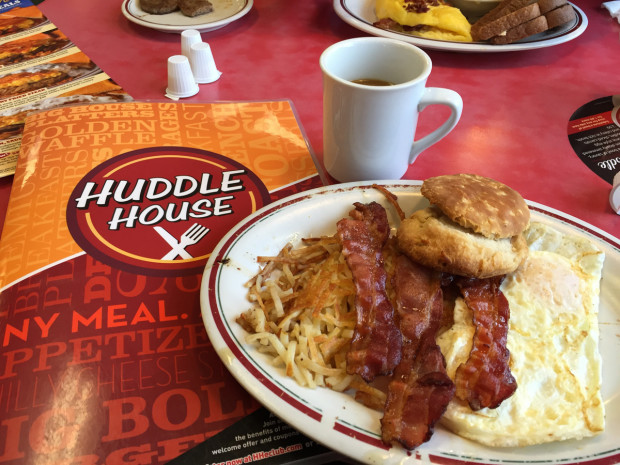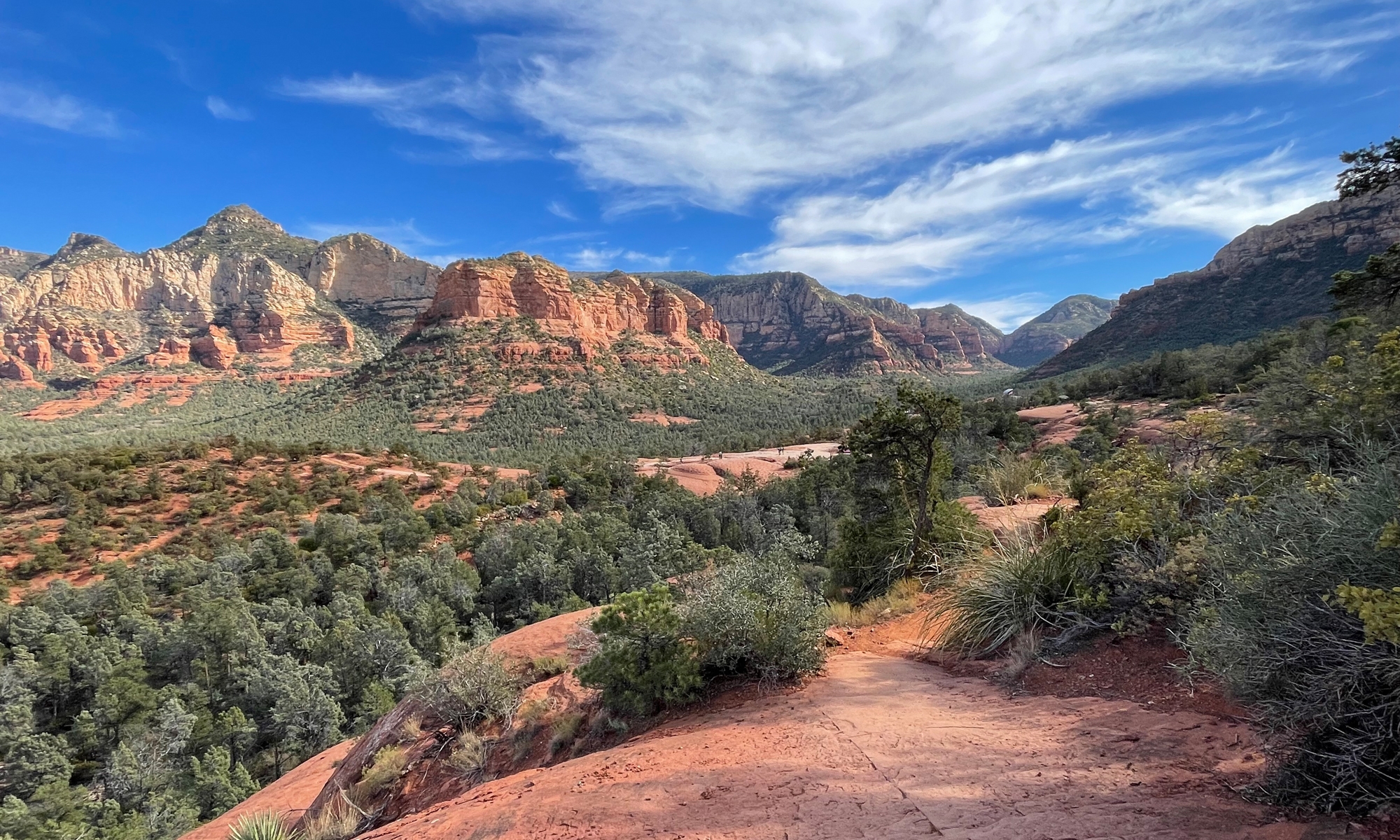
Over the past ten months as I’ve explored the far reaches of Virginia, I’ve been amazed and entertained by the diversity of this state. It’s a different world. Really.
I’m not just talking about geography either, which is the most obvious difference, but the attitudes, characteristics, and particularly the speech of the people.
Different languages, accents, and speech patterns have always intrigued me. I think because my Dad’s family, most of whom stayed in and around Lancaster County, Pennsylvania, talked differently than we did (I grew up in Baltimore, Maryland). Dad’s brother, Jay, settled in the mountains of Western, Pennsylvania. His wife and kids had an accent and used words even stranger-sounding to me than the Lancaster folks.
I always tell people that the farther south in Virginia you get, the thicker the accents. That’s true, but, as it turns out, it’s not as much southern Virginia where the accents are thickest, but the western and southwestern parts of the state. A bit of digging this morning explained why. Those regions of Virginia are part of Appalachia, as is the part of Pennsylvania where Uncle Jay and his family lived.
Even though I’m aware of the differences, it still catches me off guard at times. It’s not as much the words they use, but how they say them that gets me. Like this past Friday when Hubby and I were in Abingdon, Virginia and went to the Huddle House for breakfast.

Huddle House is a lot like the Waffle House, but better, in my opinion. Less of a greasy spoon.

As I was placing my order, I could have sworn the waitress asked if I’d like water with my toast.
“Um, what?” I said to her. It was a less-than-poised reply, I know, but it was early.
When she repeated herself more slowly, I heard “watt er whit toast.” It wasn’t until she she added, “er a biscuit” that I understood she was saying “white or wheat toast.”
It reminded me of the toothless old man I’d encountered earlier in the year when I was even deeper into the mountains very close to Tennessee and had stopped at a Hardee’s for lunch. He talked to me for what felt like about five minutes before I could understand a word he was saying. For real. And I was listening very closely.
Here’s a bit of info on Appalachian English if you’re interested. If you’ve never experienced speaking with someone from that area, listen to the video embedded. The guy who shows up at the 3:43 mark sounds a lot like my toothless friend, as does the guy at the end. Except the men in the video were both easier to understand.
Different isn’t a bad thing. I really enjoy the friendliness of the people and slower pace of life in the Appalachian Region. And even if I can’t always understand what the people are saying, I sorta like listening to them talk. And I can’t help but wonder what I sound like to them.
Any of you ever encounter speakers of US English in the south or in the Appalachian mountains you had a hard time understanding?

Diversity is a good thing even if it is hard to understand sometimes. 🙂
True, B!
I watched the whole video and understood everything they said! I think maybe my work and my travels have trained my ears a bit. 😉
Shan, that’s pretty impressive. Those accents were thick.
Like Shan, I don’t think that there was any of it that I couldn’t understand. It was an interesting video, thanks for posting it.
Huh, I was able to understand that stuff better than I expected. Surprisingly, some of their lingo has even made it west (don’t ask me how).
Sooo, ToadMama… When should we expect “si-gogglin'” to make its first appearance in your blog narrative? (Assuming that it hasn’t already, of course.)
Haha, Ry, funny that you mentioned si-gogglin – my boyfriend and I have tossed it out there during normal conversation a couple of times since watching the video. 🙂
Ha! That rocks, Shan! Keep it up and you’ll transform the West Coast–you trendsetters, you. 🙂
Lol, I guess it’s because of where we live, but I understood all of it, and some of it was even familiar, such as giving directions based on “Earline’s place”, or “turn at the old log house”. Everyone around here does that. But my favorite new term was “airish”. I am definitely adopting that one! 🙂
Lynne, I forgot all about airish. But you’re right, that’s a great term.